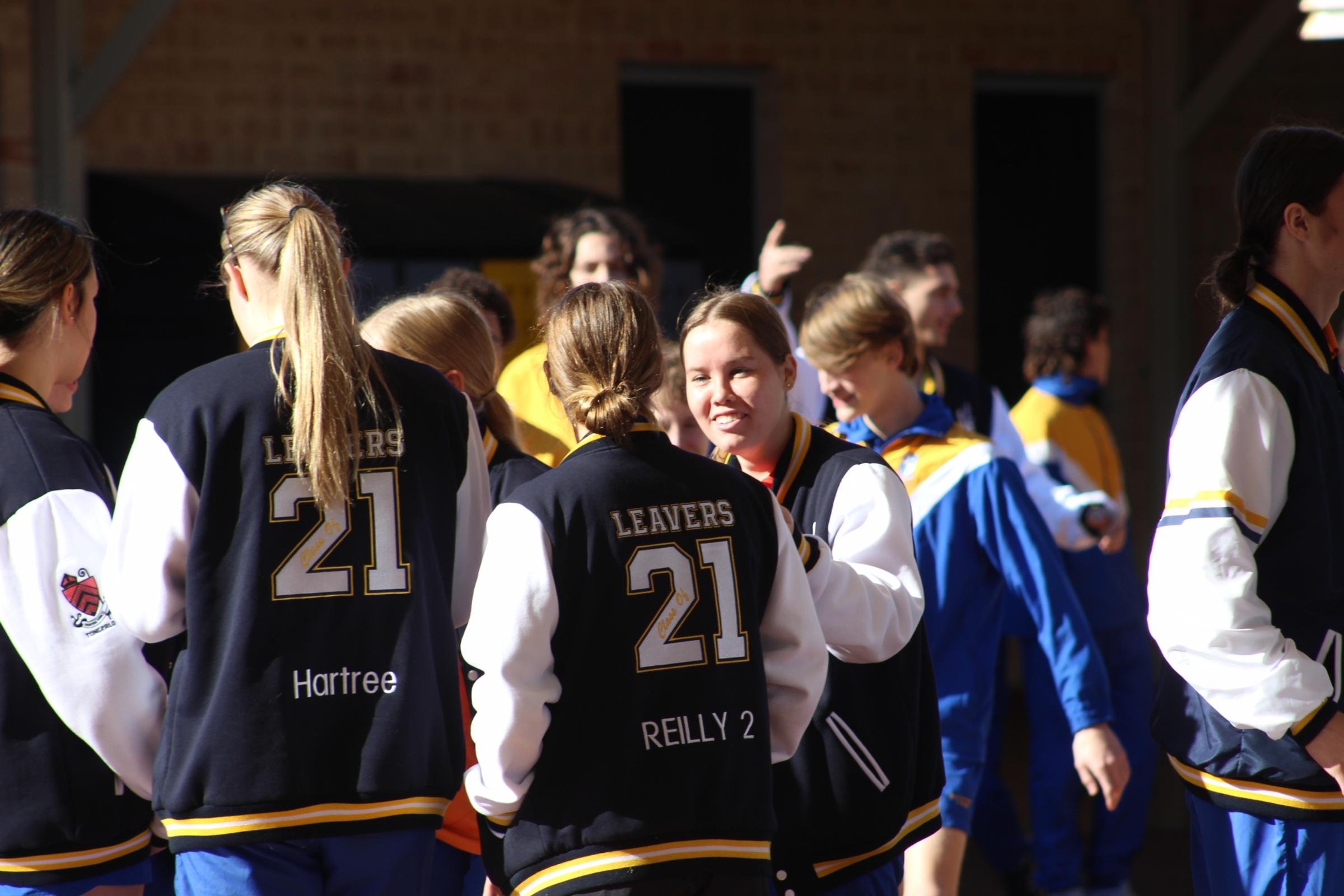Dean of Studies
OLNA and early offers for university

Dean of Studies
OLNA and early offers for university
A few years ago, an emerging trend in education was to identify a person’s learning style, as a means to find effective teaching and learning strategies. However in an article from the British Psychological Society, Christian Jarrett[1] debunks this concept:
“The idea that we learn better when taught via our preferred modality or “learning style” – such as visually, orally, or by doing – is not supported by evidence. The advocates of the learning styles approach argue that the reason for the lack of evidence to date is that students do so much of their learning outside of class.”
Furthermore, argues Jarrett, researchers at the Indiana University School of Medicine conducted an investigation with hundreds of undergraduate students, and again the findings did not support the learning styles concept, reinforcing its reputation among mainstream psychologists as little more than a myth. In the study, the researchers encouraged their student participants to take the survey and to adopt the study practices consistent with their dominant learning style. Later in the term, the researchers surveyed them about the methods they’d actually used when studying outside of class, to see if they used methods in line with their supposed dominant learning style. Finally, the researchers accessed the students’ end-of-year grades to see if there was any association between grade performance, dominant learning style, and/or studying outside of class in a way consistent with one’s dominant learning style.
The study concluded that the students’ grade performances were not correlated in any meaningful way with their dominant learning style or with any learning style(s) they scored highly on. Additionally, while most students (67 per cent) actually failed to study in a way consistent with their supposedly preferred learning style, those who did study in line with their dominant style did not achieve a better grade than those who didn’t. What the study did highlight, was specific study strategies and habits for learning that were associated with better grade performance, regardless of students’ learning style.
In the Work Life podcast hosted by Professor Adam Grant (Fadbusting with Stephen Dubner[2]), he interviews Stephen Dubner, the host of the Freakonomics podcast and they discuss the notion of learning styles. As Adam Grant notes,
“Harold Pashler and his colleagues did a massive review of all the evidence for decades, and they found no compelling evidence whatsoever that your so-called learning style has any implications for your actual learning. And I think some that might be because if we think about it, there are probably times when you learn something better when it’s harder for you, right? The more you have to struggle to comprehend something, the more you actually internalise it.”
Instead of students limiting their thinking to identifying a narrow learning style, a more effective approach to learning is to identify the habits for learning. Fundamental to this, is to recognise that deep learning (I.e. Learning that ‘sticks’) requires effort and is challenging. Building upon this, is to recognise that for learning to ‘take hold’, there must be effort directed towards repetition and deliberate practice. When a learner develops a routine that uses a range of study skills and strategies, their ability to recall and retrieve information and then apply what they have learned becomes more effective.
[1]“Another nail in the coffin for learning styles” – students did not benefit from studying according to their supposed learning style. [The British Psychological Society, Research Digest, 2018]
[2] https://www.ted.com/talks/worklife_with_adam_grant_fadbusting_with_stephen_dubner/transcript?language=en
(May, 2019)
The OLNA (Round 2) will take place in Term Three on the following dates:
Students will have received a letter indicating if they are required to attend the respective assessments in either the BP Forum or Business Centre.
The Young Achievers Early Offer Program is now open. To apply to the Fremantle campus, students will collate their Year 11 and Year 12* mid-year reports in a digital file, whilst applications to the Sydney campus, will need to provide their 8-digit NESA number ready to provide, and also collate their Year 11 and Year 12* mid-year reports in a digital file.
(* If you don’t haven’t received your Year 12 report yet, you can submit an application and provide this once available.)
In the application you will be asked about your non-academic commitments and to provide details. You may also wish to upload supporting documentation, which may include recommendations from school or community groups You may also include awards, certificates, articles and a curriculum vitae. Please note that some programs require specific information from applicants which accrediting bodies require. The University of Notre Dame consider the whole person and ask students to answer the following:
Visit https://www.notredame.edu.au/study/early-offer/early-offer-2022 to find out how to apply.
Students interested in studying Engineering are invited to nominate for the Edith Cowan University School of Engineering Excellence Scholarship. ECU is offering up to five (5) scholarships per school to the value of $20,000 to high performing Year Twelve students who wish to study Engineering in 2022, and who achieve top marks at the end of Semester One for any of the following ATAR subjects:
Students may self-nominate via the link to the nomination form here: https://www.ecu.edu.au/__data/assets/pdf_file/0011/924806/CS2102314_Excellence-Scholarship-Nomination-Form_230421-Final.pdf
Completed nomination forms can be returned by email to: engineeringexcellencescholarships@ecu.edu.au and the deadline for nominations is Friday, January 7th 2022.
Mr Rod Dowling
(Dean of Studies)